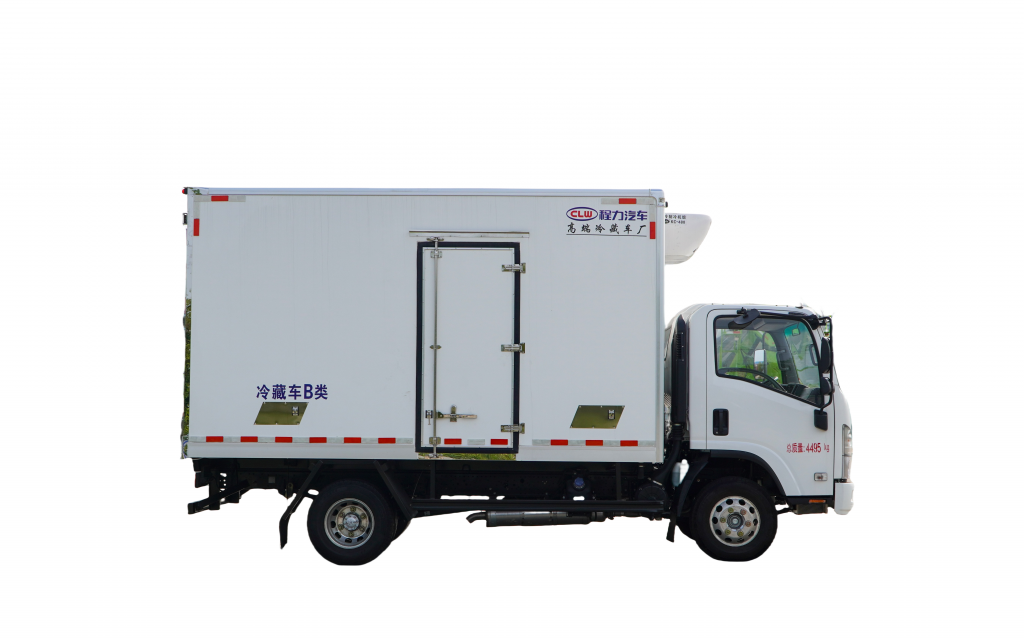Introduction
Work truck trailer dispatching plays a crucial role in the transportation industry, helping businesses streamline their operations, maximize efficiency, and enhance productivity. With the increasing demand for timely delivery of goods and services, effective dispatching is essential for ensuring that work truck trailers are utilized optimally and that resources are managed efficiently. In this article, we will explore the importance of work truck trailer dispatching, the key components of an effective dispatching system, and best practices for maximizing efficiency and productivity in work truck operations.
Importance of Work Truck Trailer Dispatching
Work truck trailer dispatching involves the coordination and scheduling of truck trailers to transport goods and materials from one location to another. It is a critical function in the transportation industry, as it ensures that deliveries are made on time, goods are transported safely, and resources are utilized effectively. Effective dispatching helps businesses meet customer demands, optimize routes, reduce operational costs, and improve overall efficiency.

Dispatching also plays a key role in fleet management, as it allows companies to monitor and track their vehicles, drivers, and cargo in real-time. By using advanced technologies such as GPS tracking and telematics systems, dispatchers can keep track of the location of trucks, monitor driver behavior, and make informed decisions to optimize routes and schedules.
Key Components of an Effective Dispatching System
An effective work truck trailer dispatching system consists of several key components that work together to streamline operations and improve productivity. These components include:
1. Centralized Dispatching: A centralized dispatching system allows dispatchers to coordinate and manage all truck trailer activities from a central location. This includes assigning drivers to specific routes, monitoring vehicle locations, and communicating with drivers in real-time. Centralized dispatching helps reduce delays, improve communication, and ensure that resources are allocated efficiently.
2. Route Optimization: Route optimization is essential for maximizing efficiency and reducing costs in work truck operations. Dispatchers use advanced routing software to plan the most efficient routes based on factors such as traffic conditions, delivery schedules, and vehicle capabilities. By optimizing routes, companies can minimize fuel consumption, reduce wear and tear on vehicles, and ensure timely deliveries.
3. Real-Time Communication: Effective communication is vital in work truck dispatching to ensure that drivers receive up-to-date information and instructions. Dispatchers use communication tools such as two-way radios, mobile phones, and messaging apps to communicate with drivers, provide route updates, and address any issues that may arise during the delivery process.
4. Load Tracking: Load tracking systems allow dispatchers to monitor the status and location of cargo throughout the transportation process. By using RFID tags, barcodes, or GPS technology, dispatchers can track the movement of goods in real-time, ensure that deliveries are made on schedule, and provide customers with accurate delivery estimates.
5. https://www.worktruckmaker.com/the-essential-guide-to-tanker-trucks-types-uses-and-safety-considerations/ : Performance monitoring tools help dispatchers track the performance of drivers, vehicles, and routes to identify areas for improvement. By analyzing key performance indicators such as on-time delivery rates, fuel efficiency, and driver behavior, dispatchers can make data-driven decisions to optimize operations and enhance productivity.
Best Practices for Maximizing Efficiency and Productivity
To maximize efficiency and productivity in work truck trailer dispatching, companies can implement the following best practices:
1. Use Technology: Implementing advanced technologies such as GPS tracking, route optimization software, and telematics systems can help streamline operations, improve communication, and optimize routes. By leveraging technology, companies can reduce costs, increase efficiency, and enhance customer satisfaction.
2. Establish Clear Processes: Develop standardized processes and procedures for dispatching operations to ensure consistency and efficiency. Clearly define roles and responsibilities, establish communication protocols, and provide training to employees to ensure that everyone understands their roles in the dispatching process.
3. Prioritize Safety: Safety should be a top priority in work truck dispatching to protect drivers, vehicles, and cargo. Implement safety protocols, provide training on safe driving practices, and conduct regular vehicle inspections to ensure that trucks are in good working condition. By prioritizing safety, companies can reduce accidents, minimize downtime, and protect their reputation.
4. Monitor Performance: Regularly monitor and analyze key performance indicators to identify areas for improvement and track progress towards operational goals. Use performance data to make informed decisions, adjust routes and schedules as needed, and optimize operations for maximum efficiency.
5. Foster Collaboration: Encourage collaboration and communication between dispatchers, drivers, and other stakeholders to improve coordination and efficiency. By working together as a team, companies can address challenges more effectively, resolve issues quickly, and ensure that deliveries are made on time.
Conclusion
Work truck trailer dispatching is a critical function in the transportation industry, helping businesses streamline operations, maximize efficiency, and enhance productivity. By implementing an effective dispatching system with centralized dispatching, route optimization, real-time communication, load tracking, and performance monitoring, companies can improve their work truck operations and meet customer demands effectively. By following best practices such as using technology, establishing clear processes, prioritizing safety, monitoring performance, and fostering collaboration, companies can maximize efficiency and productivity in their work truck trailer dispatching operations.
